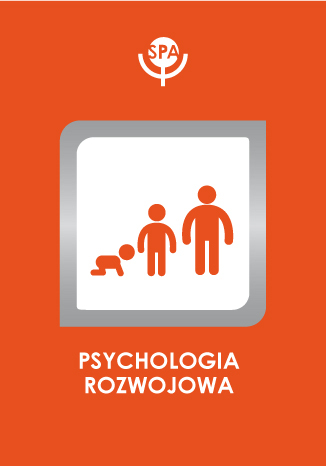Oczekiwania młodych dorosłych a zaangażowanie w bliskich związkach emocjonalnych

Adrianna Kaczuba, Iwona Janicka
DOI:10.14691/CPPJ.24.2.397
Rocznik: 2018 Tom: 24 Numer: 2
Strony: 397-404
The aim of this study was to analyze the structure of expectations and interpersonal commitment in non-marital couples of young adults. The study examined if there are differences in romantic expectations and commitment between men and women in dating and cohabitating relationships. The sample comprised 213 young adults dating their current partner for at least 5 months. The study used The Interpersonal Commitment Questionnaire (Janicka, Szymczak, 2017) and self-designed measure- The Expectations for the Partner Scale. The results of study showed that young men perceived their current partners more critically than women. On the other hand, women were more demanding for their ideal partners than men. There were no differences in expectations between young adults’ cohabitating and non-cohabitating in their current relationships. The level of commitment was different for both dimensions of dedication but not for constraint.









 Pobierz pełny tekst
Pobierz pełny tekst



